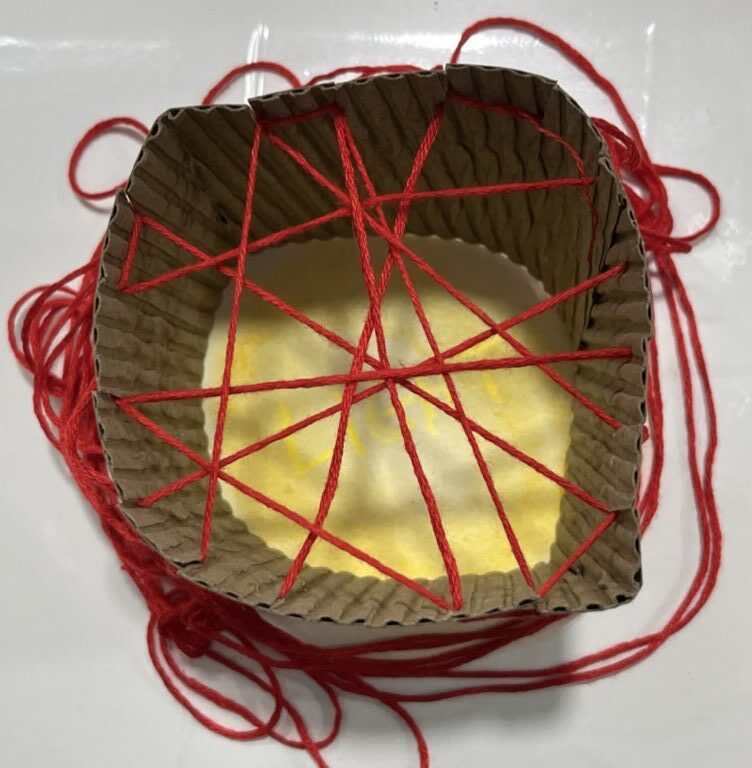Can you see the light? Not quite, right? That’s because the web of unhealed resentment is creating a barrier. This was a piece of art I made in session with a client who showed up ready to face her resentment from a place of curiosity. She made the intention to get to know it a bit better, to understand why it keeps showing up so strongly. This is what I love about Internal Family Systems (IFS); it allows us to approach our parts with curiosity and compassion, gifting us with perspective and clarity we simply would not find if we charged in, guns blazing, ready to exile the parts of us we deem dysfunctional.
The truth is, every part has a function and it’s doing its best to serve us. Resentment, from the perspective of IFS, is seen as a protective mechanism created by our inner parts in response to past emotional injuries or unmet needs. In IFS, our internal system is composed of different sub-personalities or parts, each with its own thoughts, emotions, and beliefs. When we experience a hurtful event, one or more parts may develop resentment as a way to shield themselves from further pain or vulnerability. These resentful parts often hold anger, frustration, and a sense of injustice, acting as a form of self-protection. However, IFS recognizes that behind these protective parts lie wounded and vulnerable parts that require understanding, compassion, and healing.
By approaching resentment with curiosity and empathy, we can engage in an internal dialogue with our parts, creating a safe space for exploration and integration. Through this process, we can gradually heal the wounds that underlie resentment and foster harmony and wholeness within ourselves. The beauty of exploring our parts through art is that we create a safe distance between ourselves and the pain. This allows us to step back, take a breath, and notice without feeling like we’re drowning. It also gives us permission to be a little playful in our exploration which almost always gives birth to fresh perspectives and insights we can begin to explore.
Taking the time to understand where our resentments are rooted and what it is they’re trying to tell us is an important part of our healing journey. Resentment, which often stems from feelings of anger, bitterness, and indignation, can be a heavy burden that weighs us down emotionally and mentally. By holding onto resentment, we allow past hurts and injustices to continue to affect us, hindering our ability to move forward and find true peace. Healing resentment liberates us from the shackles of negative emotions, offering us a chance to reclaim our happiness and emotional freedom.
This process empowers us to let go of grudges, forgive, and release the toxic energy that resentment generates. Ultimately, healing resentment paves the way for healthier connections with others. By resolving conflicts and addressing underlying issues, we foster understanding, empathy, and compassion, building stronger and more fulfilling relationships. The act of healing resentment allows us to embark on a transformative journey towards personal healing, growth, more fulfilling relationships, and a brighter future, in shaa Allah.
رَبَّنَا اغْفِرْ لَنَا وَلِإِخْوَانِنَا الَّذِينَ سَبَقُونَا بِالْإِيمَانِ وَلَا تَجْعَلْ فِي قُلُوبِنَا غِلًّا لِّلَّذِينَ آمَنُوا
Our Lord! Forgive us, and our brethren who came before us into the Faith, and leave not, in our hearts, rancour (or sense of injury) against those who have believed. — Qur’an 59:10
